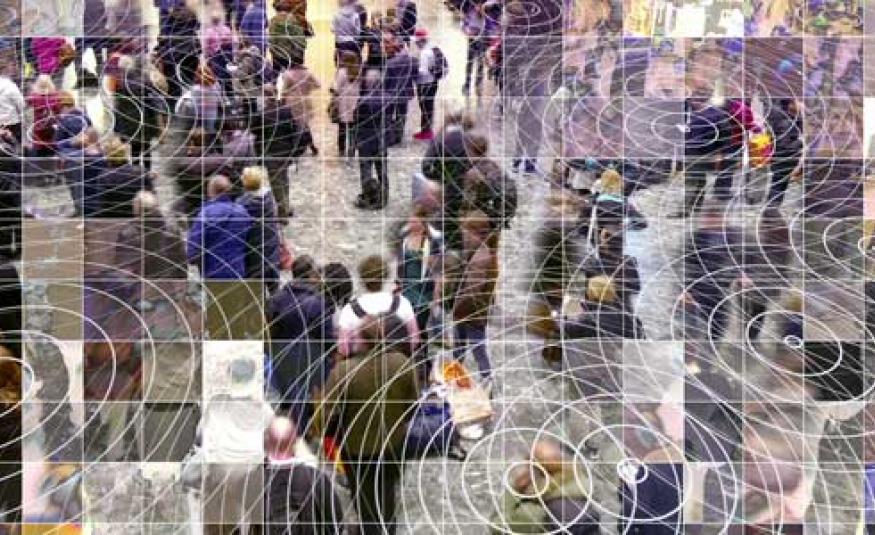Rod Cameron says meetings, conventions and exhibitions can be a force for recovery for destinations wrestling with the aftermath of terror threats
The growth in international terrorism is one of the latest challenges to emerge as a threat to the ongoing success of the meetings industry. But now, it turns out that events such as meetings, conventions and exhibitions may in fact also be among the most potent weapons for fighting back.
Reports from some prominently affected destinations such as Paris, Brussels and Istanbul suggest that the strength of events and their associated attendees relative to other types of visitors show the kind of resilience formerly seen in connection with rebounds following global economic and security-related incidents; namely, that delegates are much more likely to keep travelling than other types of visitors when travel conditions deteriorate. In fact, in some destinations affected by such incidents, meetings were barely impacted even as overall visitor numbers were significantly down.
These kinds of observations are not new. Both hotels and airlines have previously noted that the earliest signs of recovery following major incidents were seen in people travelling to attend events. Furthermore, this group tended to be among the biggest generator of economic impacts among various visitor groups, which further enhanced the effect they had on overall destination spending.
Another effect being observed that may further underline the beneficial influence that events have in the face of terrorism incidents, is the role events have in restoring and demonstrating the stability of a destination in the face of such incidents.
The fact that a city has managed to retain important and usually high-profile events in the face of incidents that may be deterring other visitors has a moderating effect on the overall image of a destination as a place to visit, and projects exactly the right kind of message about a city when it may need it the most.
This suggests a very specific tactic for cities that are unfortunate enough to experience terrorist attacks and the accompanying impacts on destination reputation: do everything possible to retain these events as a priority for visitor traffic. Not only are they demonstrably more likely to carry on with their original plans, but the fact that so many are so visible to a wider audience suggests they can actually act as a very effective promotional vehicle for a ‘business as usual’ message to the world as a whole.
These kinds of terror incidents will likely be with us for some time and, while relatively rare, they have a disproportionate effect on travellers due to their extreme and seemingly random consequences. Understanding that meetings and conventions can be a potent counter-weapon should give governments yet another reason to put a priority on growing this sector.
Rod Cameron is executive director of the Joint Meetings Industry Council, which represents the combined interests of 16 international meetings industry associations.






